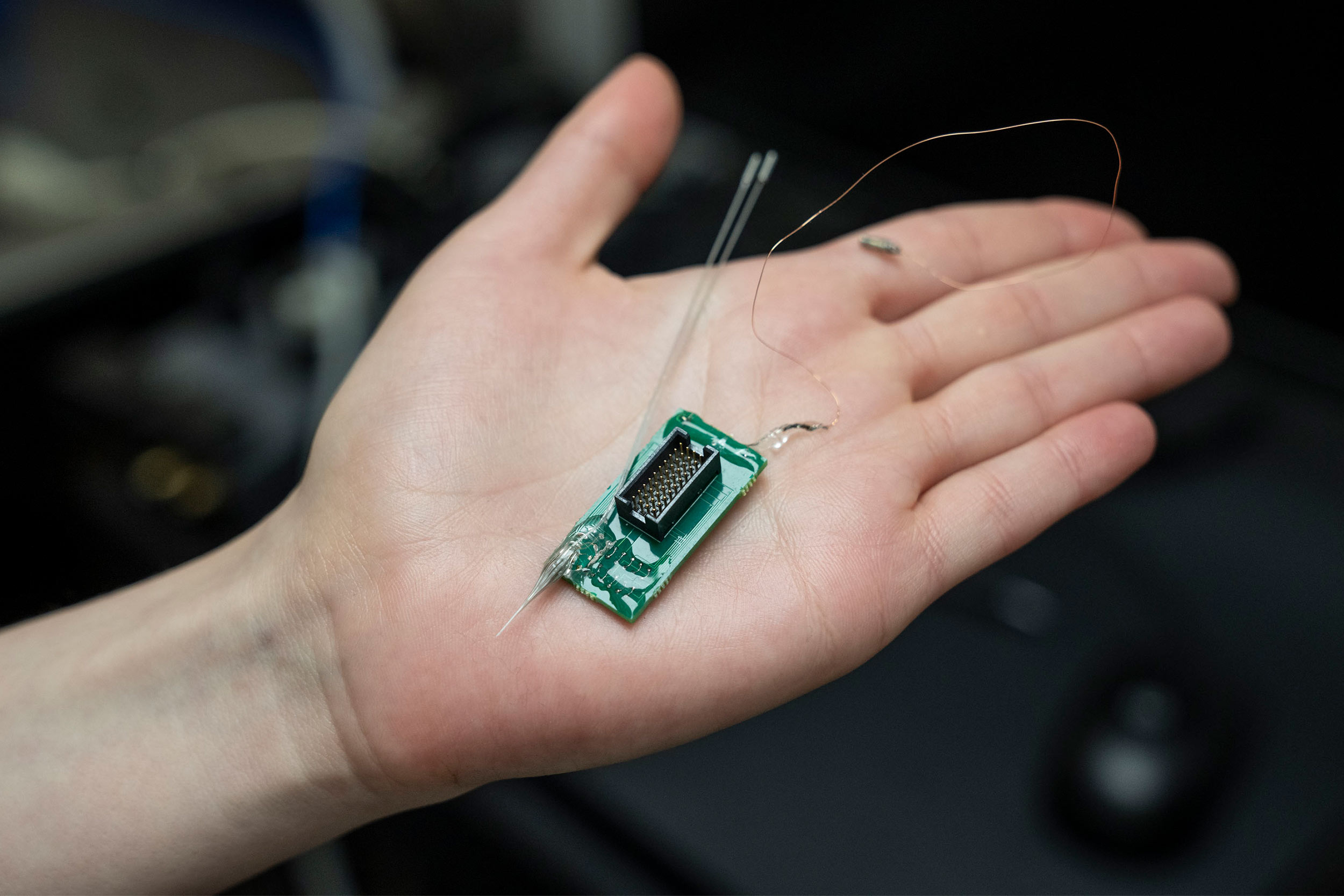
|
Getting your Trinity Audio player ready...
|
In 2023, an estimated 6.7 million Americans aged 65 and older are living with Alzheimer’s dementia, and this number could reach 13.8 million by 2060 without medical breakthroughs. Currently, the seventh leading cause of death in the United States, Alzheimer’s also has a significant economic impact, with projected costs ranging from US$379 to over US$500 billion annually. As the population ages, the burden of Alzheimer’s is expected to increase, underscoring the crucial need for ongoing research and the development of effective treatments and prevention strategies.

In the United States, the drive to confront Alzheimer’s is accelerating through various research initiatives integrated with digital technology. One significant contribution comes from Professor Harald Sontheimer at the University of Virginia.
In a stride in developing Alzheimer’s research, Professor Sontheimer was spearheading a collaborative effort to create a groundbreaking deep brain implant that could revolutionise the treatment of this disease.
Renowned for his pioneering contributions to neuroscience, Professor Sontheimer is leading this innovative initiative with researchers from Virginia Tech and Washington University in St. Louis. Their collective goal is to design a multi-functional, fibre-based device, smaller than human hair that can monitor brain function and administer targeted treatment for Alzheimer’s disease. This project reflects a promising avenue for developing novel therapeutic approaches in the ongoing quest to combat the complexities of Alzheimer’s.
This novel technology addresses a major challenge in Alzheimer’s research – the difficulty of imaging the hippocampus, a key region affected by the disease. The device combines a micro-endoscope for real-time imaging with channels for drug delivery and electrical stimulation. This allows researchers to monitor blood flow, oxygen levels, and brain activity while simultaneously delivering medication and stimulating the brain to promote blood flow.
“The prototype is just around the corner,” Professor Sontheimer expressed. “We’re waiting for it to be shipped so we can begin testing before Christmas.”
While still in its early stages, the technology shows promise beyond Alzheimer’s. An earlier version without the endoscope has already demonstrated success in interrupting faulty brain signals responsible for epileptic seizures. “This approach could be applied to various brain disorders,” Professor Sontheimer explained. “With Alzheimer’s, we envision real-time monitoring of oxygen to administer vasodilators as needed, similar to how nitroglycerin is used during a heart attack to increase blood flow.”
Alzheimer’s disease is characterised by the buildup of misfolded proteins, known as amyloid plaques, which disrupt nerve cell function and lead to memory loss. While the cause of the disease remains unclear, Sontheimer believes the amyloid itself may not be directly toxic but rather cuts off blood supply to the neurons.
“Our lab has obtained images showing amyloid encircling and impinging upon blood vessels,” Professor Sontheimer said. “This supports our hypothesis that amyloid may not directly damage neurons but strangles them.”
Another previous innovation carried out by Elisa Konofagou, the Robert and Margaret Hariri Professor, has dedicated her work to pioneering ultrasound-based techniques with applications in both imaging and therapeutic fields. Her research group has developed algorithms capable of identifying subtle tissue deformations caused by physiological processes, particularly in the heart and blood vessels, and methods to detect displacements induced by ultrasound waves, crucial in the context of tumours and nerves.
Expanding the application of this technology, Konofagou’s group has focused on addressing Alzheimer’s disease, a predominant neurodegenerative disorder projected to see a significant increase in incidence over the next decade. The technology allows for the delivery of gene-editing vectors capable of modifying the genetic makeup of neuronal cells. This holds immense potential for rectifying genes associated with brain disorders, including Alzheimer’s-related genes like ApoE4 and ApoE2, as well as other rare, monogenic brain pathologies.
With over 6.7 million Americans currently who have Alzheimer’s, the potential impact of these technologies on the diagnosis and treatment of the disease is considerable, providing hope for advancements in addressing this challenging health issue.
As research continues to push the boundaries of medical science, these advancements hold promise for improving the lives of those affected and potentially changing the trajectory of Alzheimer’s on a broader scale.
















